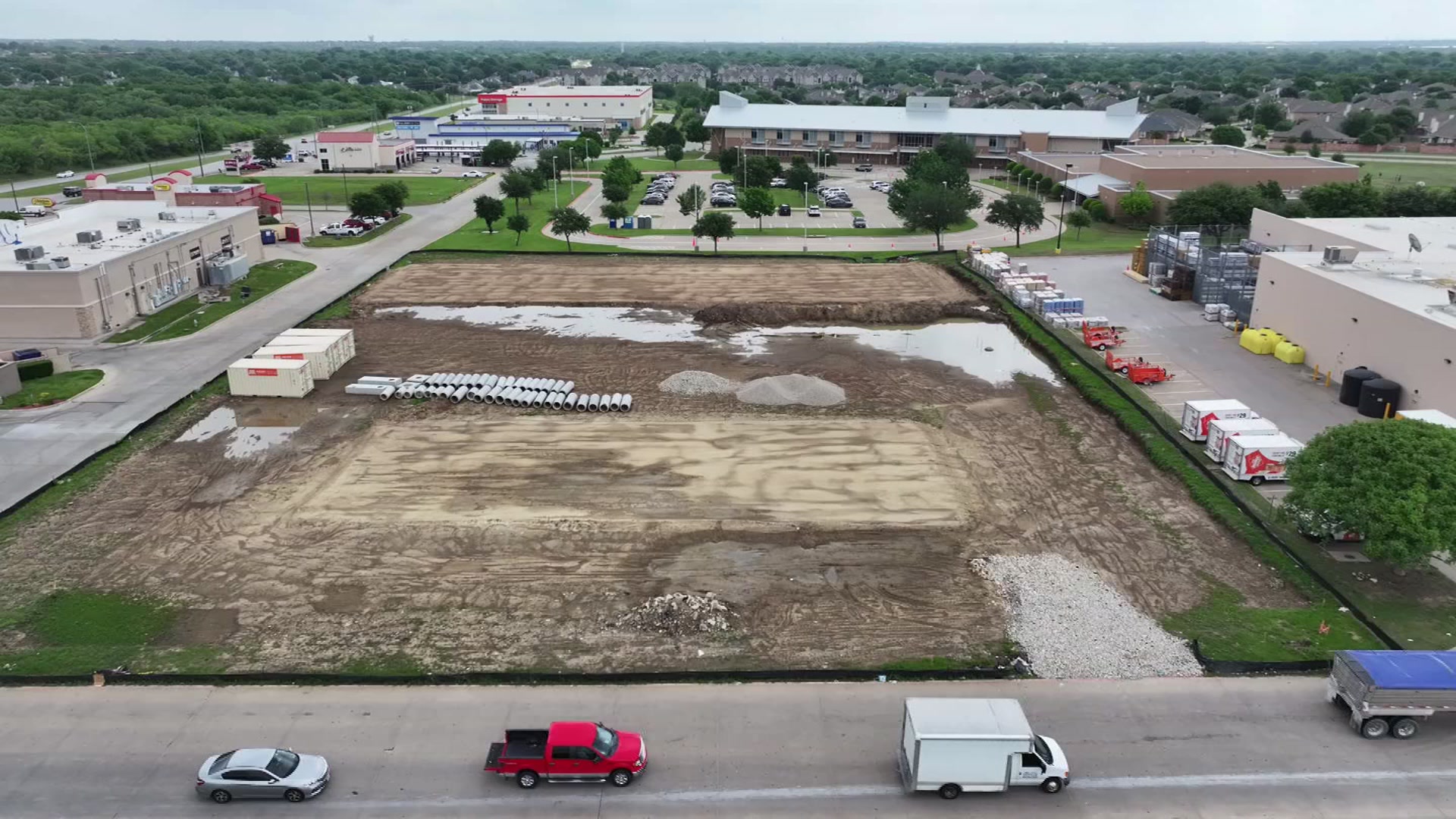Thirteen of the nation's busiest air traffic control facilities are suffering from a shortage of air traffic controllers, a problem that demands "urgent attention," a government watchdog told lawmakers on Tuesday.
The number of fully qualified controllers is "below the minimum staffing requirements" the Federal Aviation Administration has set, Matthew Hampton, a Department of Transportation assistant inspector general, told members of the House transportation aviation subcommittee. He didn't provide a list of all 13, but cited facilities in Dallas, New York, Denver and Chicago as examples.
The facilities also are under stress because a large share of their controllers are still being trained and are not yet competent to work on their own, he said. Many of their experienced controllers also are eligible to retire, Hampton said.
He cited several reasons for the understaffing: a lack of precision in the FAA models for estimating staff requirements; failure to fully use systems to determine the best controller schedules; lack of accurate and complete data on planned retirements and poor communication between FAA headquarters and field offices.
Officials with the National Air Traffic Controllers Association, the union representing controllers, also complained that many of the busiest facilities are understaffed. Union President Paul Rinaldi described the difficulty in moving an experienced controller from a less-busy workplace to a busy one. Managers are reluctant to let workers go for fear they won't be readily replaceable, he said. And employees may oppose moving to an area where the cost of living is higher -- New York, for example.
It also takes a controller who's moving up to a busier location two or three years to adapt to the heavier loads. Attrition rates are high, Rinaldi said.
Adding to the problem, said union vice president Trish Gilbert: A third of FAA's 10,900 controllers are eligible to retire and new controllers have high failure rates.
Local
The latest news from around North Texas.
The FAA's mandatory retirement age for controllers is 56. The agency also won't hire new controllers older than age 31, which eliminates many air traffic controllers who are leaving the military, Gilbert said.
FAA officials said they are working on the problem and expect to meet their new controller hiring goals for this year.
Lynn Lunsford, spokesman for the Federal Aviation Administration in North Texas, said the following in a statement Tuesday:
"The FAA shares NATCA's frustration with air traffic controller staffing levels. The past government shutdown and budget cuts closed the FAA's controller training academy for nine months, delaying initial training for several classes of new air traffic controllers. As a result, the FAA has been working hard to hire at an increased rate to meet its air traffic controller staffing targets. The FAA has conducted several rounds of air traffic controller hiring over the past two years in an effort to continue to feed enough controllers into the training pipeline to meet the agency’s expected staffing needs. The agency is planning additional job announcements in the future to recruit new controllers to meet ongoing staffing needs."
According to data from the National Air Traffic Controllers Association, Dallas-Fort Worth's staffing is now at an all-time low of 52 fully certified controllers, which is a drop of 38 percent since 2006 and 44 percent fewer certified controllers than what is needed.
Ten of the controllers are eligible to retire with an additional five becoming eligible to retire in 2016, the union said.
NBC 5's Kevin Cokely contributed to this report.



